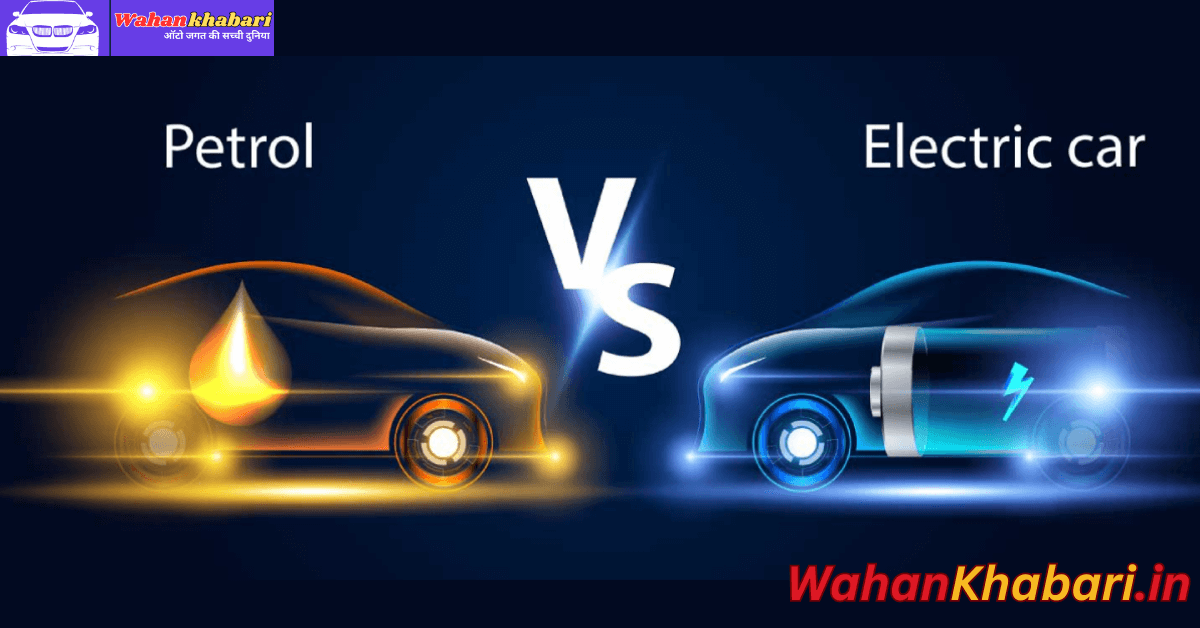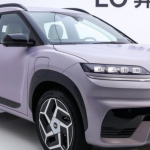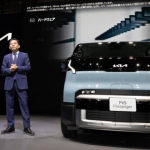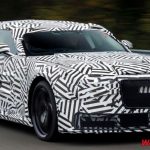Electric vs Petrol Cars 2025: The Automotive Industry has Witnessed a monumental shift toward Electric Vehicles (EVs), Driven by Growing concerns about Environmental sustainability, Fuel Efficiency, and Advancements in Technology. This shift has sparked a debate: electric cars vs petrol cars. Both options have their merits, and the decision largely depends on your needs, lifestyle, and environmental values. We Will explore The Differences Between Electric and Petrol cars across various Parameters, including cost, Environmental Impact, Performance, and Convenience.
1. Environmental Impact
Electric Cars:
Electric Vehicles are often seen as the future of sustainable Transport. Their Primary Advantage is the lack of tailpipe Emissions. Since EVs run on electric motors powered by batteries, they Do not produce Carbon Dioxide or other Harmful Pollutants during operation. However, the environmental footprint of an EV doesn’t stop there. The production of electric vehicles, particularly the batteries, can result in significant emissions, although this is often offset by the cleaner operation over the lifespan of the car.
Petrol Cars:
Traditional petrol cars rely on internal combustion engines, which emit Carbon Dioxide (CO2), Nitrogen Oxides (NOx), and Particulate Matter, All contributing to Air Pollution and Climate change. Over time, petrol engines have become more efficient, but they remain a major source of greenhouse gas emissions.
Verdict: Electric cars are the clear winner in terms of reducing direct environmental impact during operation, Although The are not completely without their environmental footprint.
2. Fuel Economy and Running Costs
Electric Cars:
One of the most significant advantages of electric cars is their low running cost. Electricity is generally cheaper than petrol on a per-mile basis, meaning EV owners spend less on fuel. Additionally, because electric motors are more efficient than petrol engines, they can convert a higher percentage of energy from the battery into motion. This results in a lower cost per mile.
The maintenance costs for EVs are also generally lower. Since electric motors have fewer moving parts and there’s no need for oil changes or exhaust systems, EVs typically require less frequent maintenance. Many electric car manufacturers also offer long warranties on the battery, providing peace of mind.
Petrol Cars:
Petrol vehicles tend to have higher fuel costs, as petrol prices fluctuate regularly and are generally more Expensive than electricity. Moreover, the fuel efficiency of petrol cars depends on factors like engine type, weight, and driving style. While some petrol cars are quite efficient, others can be quite thirsty.
Petrol Cars Require Regular servicing, including oil changes, air filter replacements, and exhaust system checks. Over time, these costs can add up, and the engine’s wear and tear can lead to expensive repairs.
Verdict: Electric cars are generally cheaper to run and maintain in the long run compared to petrol cars.
3. Performance
Electric Cars:
Electric vehicles are known for their instantaneous torque, which means they accelerate more smoothly and quickly compared to traditional petrol cars. In many cases, EVs outperform petrol cars in terms of 0-60 mph acceleration. The driving experience in an electric car is often described as quiet and smooth, with a noticeable lack of engine noise, which some drivers find appealing.
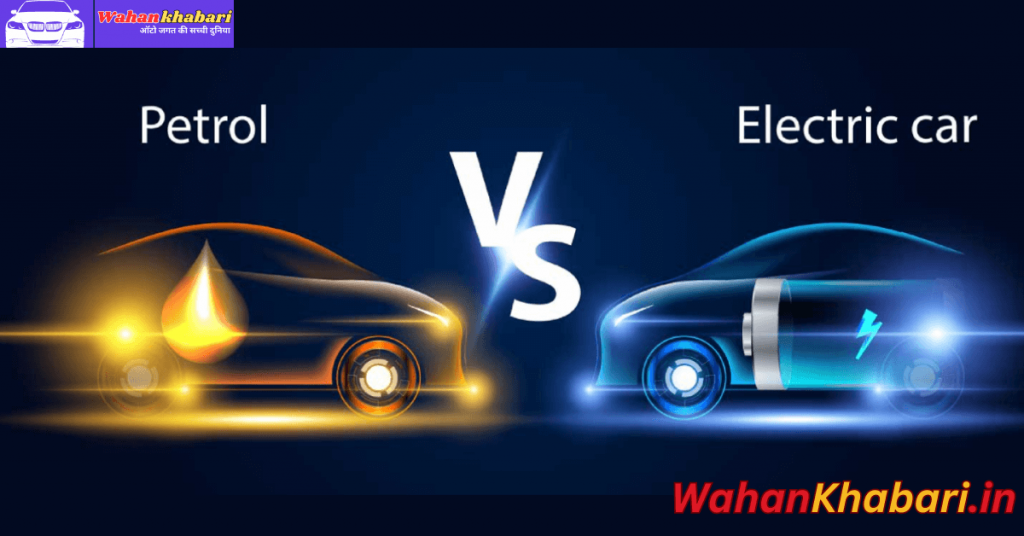
Petrol Cars:
Petrol cars typically have more traditional performance characteristics. The performance can vary significantly depending on the make and model, with sports cars offering exciting acceleration and handling, while more economical vehicles may offer less dynamic performance. Petrol engines can provide a more familiar driving experience, especially for those who enjoy the engine sounds and the feeling of shifting gears in manual transmissions.
4. Range and Charging/Fueling Convenience
Electric Cars:
The fear of Running out of battery Power before reaching a charging station—has long been a concern for potential EV buyers. However, Modern Electric vehicles have significantly improved their range, with many offering 200-300 miles on a single charge, and some even more.
The Charging Infrastructure is also Expanding rapidly. At home, charging an electric vehicle overnight is Possible if you have a Level 2 charger installed. Public charging stations are growing in number, though charging times can vary. Fast-charging stations can provide 80% of a full charge in around 30 minutes, but slower chargers may take hours.
Petrol Cars:
Petrol cars win the convenience battle in terms of refueling. Fuel stations are ubiquitous, and filling up a petrol car only takes a few minutes, meaning you’re ready to go again quickly.
However, the range of petrol cars can be affected by factors such as driving conditions and the vehicle’s fuel efficiency. In general, petrol cars have a longer range on a single tank than many electric cars, though that gap is shrinking as EV technology advances.
Verdict: Petrol cars still have the Advantage when it comes to convenience and refueling speed, but electric cars are catching up as charging infrastructure and battery technology improve.
5. Initial Purchase Price
Electric Cars:
The initial cost of electric cars tends to be higher than petrol cars, Primarily due to the Expensive Battery Technology. However, This price disparity is decreasing as battery prices continue to fall. Government incentives and rebates can also help offset the initial cost in many countries, making EVs more affordable for consumers.
Petrol Cars:
Petrol cars are generally more Affordable Upfront. Because The Technology is well-established, Manufacturers can produce them at lower costs. As EVs become more mainstream, we can expect petrol car prices to stabilize while electric car prices continue to fall.
6. Government Incentives and Future Legislation
Many governments worldwide are providing incentives for the purchase of electric cars to encourage a Transition toward cleaner transportation. These incentives include tax rebates, grants, reduced Registration fees, and even free parking in some places.
Verdict: Government incentives and long-term policy trends are favoring electric vehicles, especially as many nations aim for net-zero emissions.
Electric vs Petrol Cars 2025: Conclusion
Electric vs Petrol Cars 2025: When Deciding Between an Electric Car and a Petrol car, The Right choice Depends on your Priorities. If you want a cleaner, more sustainable option and can manage the initial Price and Charging Infrastructure, an Electric car is a fantastic choice. They offer lower Running costs, Less Maintenance, and Excellent Performance.
